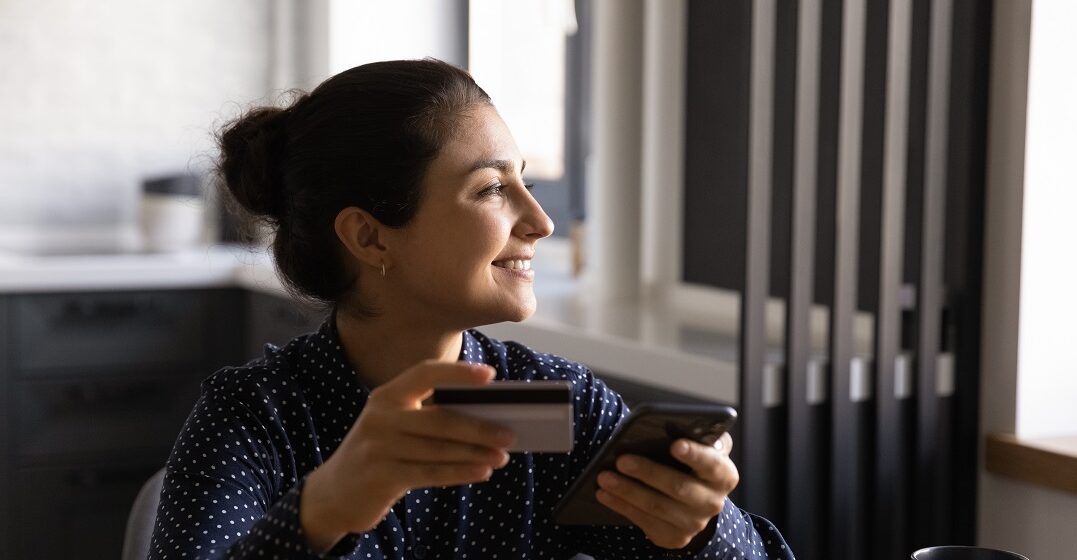A quick guide to opening a bank account in Germany
Published on September 20, 2022 / Updated on January 5, 2024
If you are planning to settle in Germany, you will need a bank account which you can use for all incoming and outgoing payments such as paying your rent, receiving your salary and sending or receiving various other essential payments. This means that you will need to either set up a German bank account or establish an account with an international bank or an online/mobile bank.
The process of opening a bank account in Germany as a non-national can be rather intimidating. Germany is well known for its bureaucratic complications, but with the rise of online banking and new streamlined services it has become easier than ever to open an account. You should still be sure to do plenty of research into your banking options in order to get the best terms and service for your personal banking needs, but here is a quick rundown of the steps you need to take.
There are several different kinds of banks available to you in Germany, the largest of which are private commercial banks such as Deutsche Bank, ING and Commerzbank, which have branches nationwide. Then there are public savings banks (Sparkassen and Landesbanken) and co-operative banks (Genossenschaftsbanken).
Alongside these more traditional models of banking, there are a variety of user-friendly mobile and online banks that don’t have any brick and mortar branches that you can visit. Consider carefully what your banking needs are, for instance whether you wish to be able to visit a local branch.
The typical types of bank accounts you will encounter in Germany are firstly the Girokonto which is the standard current account or checking account from which you can set up standing orders or direct debits to pay bills and into which you can receive payments. This current account will incur some charges and it is important to inform yourself about the charges so you can avoid as many of them as possible. It is also a good idea to open a Sparkonto (savings account) into which you can transfer a certain amount of money monthly to save for special purchases, holidays or unexpected expenses. A Sparkonto usually does not incur charges and depending on the type of account you choose and how regularly you save, you will accumulate interest.
Generally the documents you will require to open a bank account will include:
Although it is not unusual to visit a local bank branch to open a new account, it is becoming more common for this process to be conducted entirely online. In either case you will have to fill out a fairly lengthy form, probably in German, giving all of your basic details.
As soon as your identity has been checked and confirmed, and all your details processed, it may take a few days for your new account to be set up. Your new debit card and PIN will likely be sent to you in the post with details of how to activate your card. Do note that in order to open an account with some banks, you may have to make a minimum deposit.
Of course, like so many other bureaucratic procedures, having a basic knowledge of the German language can help you traverse the complications you may come across in choosing your new bank, understanding the terms and conditions, preparing for documents and setting up a bank account for yourself in Germany. Whether you are settling for just a short while or making Germany your new home, working on your language skills is as good an investment in your future as the money in your Sparkonto!
